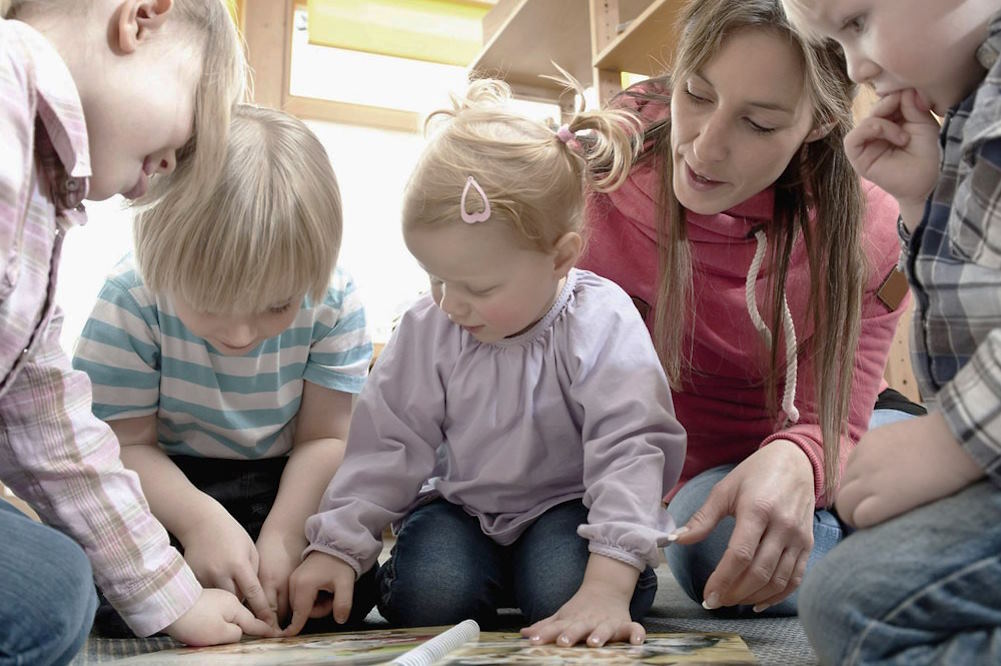
2024-07-20
Teaching humane values to children is essential for fostering empathy, kindness, and respect. Creative activities can make learning these values engaging and impactful. This article explores empathy-building exercises for kids, fun ways to teach kindness in the classroom, and interactive games for teaching respect and understanding.
Empathy-Building Exercises for Kids
Building empathy in children helps them understand and share the feelings of others. Here are some exercises designed to cultivate empathy:
- Role-Playing: Engage children in role-playing scenarios where they must put themselves in someone else’s shoes.
- Storytelling: Read stories that highlight different perspectives and discuss the emotions of the characters.
- Empathy Interviews: Pair children up to interview each other about their feelings and experiences.
Exercises:
- Emotion Charades: Children act out different emotions while others guess the emotion being portrayed. This helps them recognize and understand various feelings.
- Perspective-Taking Drawing: Have children draw a picture from the perspective of another person or animal, discussing how it might feel to be in that situation.
- Empathy Journals: Encourage children to keep journals where they reflect on their daily interactions and how they made others feel.
Fun Ways to Teach Kindness in the Classroom
Kindness can be taught in fun and engaging ways that resonate with children. Here are some ideas for incorporating kindness into classroom activities:
- Acts of Kindness Projects: Create projects where children perform and document acts of kindness.
- Collaborative Art: Engage children in group art projects that promote teamwork and sharing.
- Kindness Challenges: Introduce daily or weekly kindness challenges for children to complete.
Activities:
- Kindness Tree: Create a classroom tree where children can add leaves with acts of kindness they have performed or witnessed.
- Compliment Circle: Have children sit in a circle and take turns giving each other genuine compliments, fostering a positive and supportive environment.
- Kindness Coupons: Give out “kindness coupons” that children can redeem for performing kind deeds, like helping a friend or sharing a toy.
Interactive Games for Teaching Respect and Understanding
Interactive games can effectively teach children about respect and understanding while keeping them engaged and entertained.
- Cooperative Games: Use games that require teamwork and cooperation, emphasizing the importance of working together.
- Respectful Communication Activities: Play games that focus on listening skills and respectful communication.
- Diversity and Inclusion Games: Introduce games that celebrate diversity and teach the value of inclusion.
Games:
- Respect Relay: Create a relay race where children must complete tasks that involve showing respect, such as helping a teammate or solving a problem together.
- Listening Pairs: Pair children up and have them take turns talking and listening, then share what they learned about their partner with the group.
- Cultural Exchange: Organize activities where children learn about different cultures through games, food, and storytelling, promoting an appreciation for diversity.
Teaching humane values to children through creative activities can significantly impact their development. Empathy-building exercises, fun classroom activities, and interactive games all contribute to fostering empathy, kindness, and respect. By integrating these activities into educational settings, parents and teachers can help children develop into compassionate, understanding, and kind individuals. These values will not only enhance their personal relationships but also contribute to a more empathetic and respectful society.



